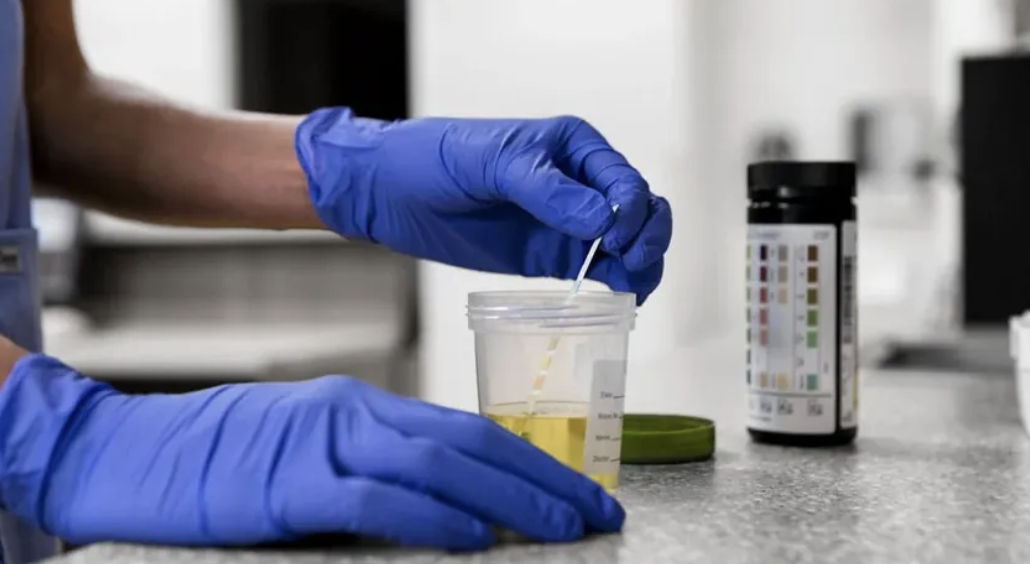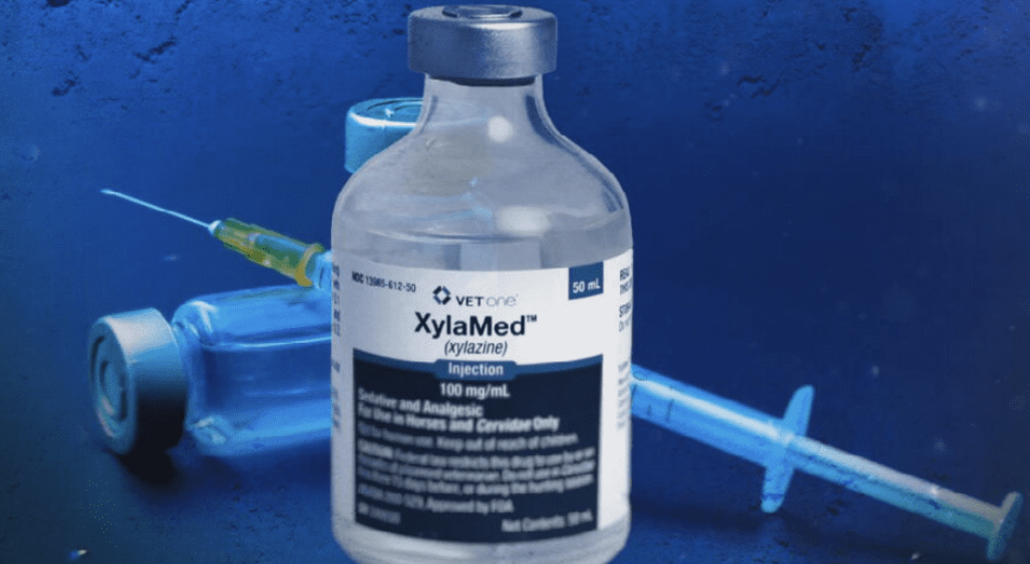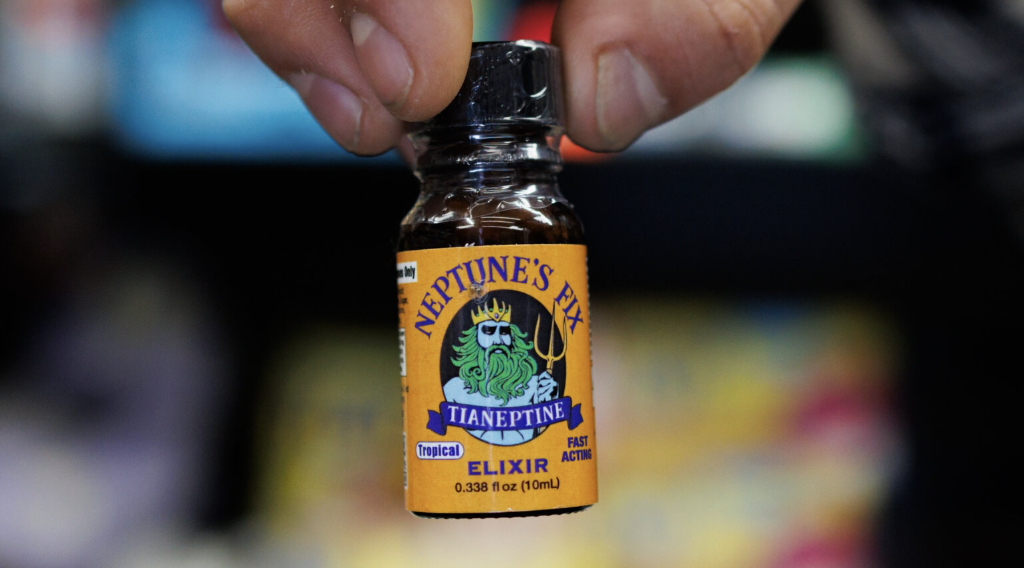Navigating SUD treatment coverage with Medicaid Medicare can be complex. This guide will help you understand what treatments are covered, how to access them, and the key differences between these programs. You’ll also learn about state-specific variations, out-of-pocket costs, and how to find providers that accept both Medicaid and Medicare.
Key Takeaways
- Medicaid is the largest provider of behavioral health services in the U.S., covering a wide range of SUD treatments including inpatient rehab, outpatient programs, and medication-assisted treatment.
- Medicare offers limited coverage for SUD treatment, primarily focusing on screenings, counseling, and inpatient services, with specific limitations and requirements for beneficiaries.
- Individuals eligible for both Medicaid and Medicare can leverage dual coverage for more comprehensive access to SUD treatment, minimizing out-of-pocket costs and improving treatment outcomes.
Does Medicaid cover substance use disorder (SUD) treatment?
Medicaid stands as the largest provider of behavioral health services in the U.S., making it a critical resource for those grappling with substance use disorders (SUD). A substantial portion of Medicaid beneficiaries, approximately 12%, are affected by SUD, highlighting the importance of comprehensive Medicaid coverage.
Medicaid coverage for SUD treatment includes a variety of services mandated by the Mental Health Parity and Addiction Equity Act, which ensures that mental health and substance use disorder services are covered equally to medical and surgical benefits.

What services are typically covered?
Medicaid typically covers a broad spectrum of SUD treatment services, ensuring that those in need receive appropriate care. Core treatment options include inpatient rehabilitation and outpatient programs, both of which are crucial for comprehensive substance use disorder treatment plans. Medication-assisted treatment (MAT), which is mandatory under Medicaid, plays a significant role in managing how to treat opioid use disorders—particularly for those wondering will Medicaid cover Suboxone as part of their treatment plan. MAT involves the use of FDA-approved medications like buprenorphine, naltrexone, and methadone, combined with counseling and behavioral therapies, forming the foundation of effective opioid addiction treatment.
In addition to MAT, Medicaid beneficiaries have access to counseling, detoxification services, and other behavioral health services, including mental health services and medicaid services. These substance abuse services are essential for early intervention, particularly for younger individuals, as they can significantly reduce health care costs in the long run. The importance of these services cannot be overstated, as they offer a lifeline to those struggling with addiction, helping to stabilize their lives and reduce the overall burden on healthcare systems. Medicaid benefits play a crucial role in ensuring access to these vital services.
State-by-state differences in Medicaid SUD coverage
Coverage for SUD services under Medicaid can vary significantly from state to state, impacting access to critical addiction treatments. States have the discretion to define which specific SUD services are covered, leading to considerable variability across the country. For instance, states like Connecticut, Delaware, and Vermont exhibit higher SUD treatment rates, while states such as Arkansas and Texas have consistently lower rates. This disparity is influenced by state policies, treatment infrastructure, and the availability of qualified healthcare providers.
Medicaid expansion under the Affordable Care Act has also played a significant role in enhancing SUD coverage in some states. States that have expanded Medicaid typically offer more comprehensive health insurance coverage benefit packages to new enrollees compared to traditional Medicaid beneficiaries. However, this is not uniform across all states, which is why it is essential to expand access. ACA Medicaid expansion and state medicaid coverage are crucial factors in this process.
Some states have implemented initiatives to improve access to SUD treatment, such as reducing medication barriers and switching to telehealth for opioid addiction treatment, enhancing flexibility and access.
Does Medicare cover SUD treatment?
Medicare provides coverage for various SUD treatment services, ensuring that older adults and people with disabilities have access to the care they need. This includes:
- Screenings
- Counseling
- Inpatient services
- Outpatient services
Understanding the specifics of what Medicare Parts A, B, and D cover can help beneficiaries navigate their options more effectively.

What is covered under Medicare Part A and Part B?
Medicare Part A covers inpatient hospital services for substance use treatment, including:
- Hospital stays and certain skilled nursing care, important for individuals requiring intensive care and monitoring during recovery.
- Partial hospitalization services, requiring at least 20 hours per week.
- Intensive outpatient programs, requiring a minimum of 9 hours of services weekly.
On the other hand, Medicare Part B covers outpatient services such as counseling and therapy sessions. This includes intensive outpatient programs and behavioral health integration services, which help manage care for individuals with substance use disorder (SUD). Additionally, Medicare covers opioid use disorder treatments, which encompass counseling and therapy, providing a comprehensive approach to managing addiction.
Does Medicare Part D cover addiction medications?
Medicare Part D provides coverage for many outpatient prescription drugs needed for treating substance use disorder (SUD), including medications like buprenorphine, naltrexone, and methadone. However, beneficiaries may face specific plan limitations, and not all addiction medications are automatically covered under every plan. It’s essential for beneficiaries to check their specific plan formularies to ensure the medications they need are covered, especially in relation to drug use.
Beneficiaries can choose from various private plans under Part D, which may cover addiction medications, but the coverage details can vary significantly. Beneficiaries should contact their specific Part D plan to ensure coverage for addiction medications.
Additionally, Medicare covers methadone treatment and methadone maintenance when administered during inpatient hospital care and as part of opioid treatment programs.
Medicaid vs. Medicare: Which is better for SUD treatment?
When it comes to SUD treatment, Medicaid generally offers broader coverage than Medicare. Medicaid’s comprehensive coverage includes a wider range of services, from residential treatment to various outpatient programs, whereas Medicare tends to have more service limitations.
However, the choice between Medicaid and Medicare depends on individual eligibility, service access, provider availability, and costs.
Coverage scope and service limits
Medicaid covers a more extensive range of SUD treatment services, including both inpatient and outpatient services. However, the scope of services can vary significantly by state due to different Medicaid policies. For example, while 26 states and the District of Columbia provide coverage for all four levels of care in SUD treatment, many states lack comprehensive coverage, particularly for residential services.
Medicare, on the other hand, has more restrictive coverage. Most state Medicaid programs cover outpatient treatment services, yet fewer provide recovery support services, reflecting a gap in comprehensive treatment availability. Additionally, preauthorization requirements and other limitations can restrict access to necessary treatments.
Provider network access
Medicaid often provides a broader network of providers for SUD treatment, allowing beneficiaries greater flexibility in choosing treatment centers. Many treatment facilities that specialize in SUD are more likely to accept Medicaid compared to those that accept Medicare. This broader network facilitates easier access to care, particularly in states with well-established Medicaid programs.
However, access to providers under the Medicaid program can vary significantly by state due to different regulations and reimbursement rates. Medicaid’s requirement for providers to participate in its network can facilitate access to a more diverse array of treatment facilities, including those focusing on holistic approaches, which may be medicaid based.
Out-of-pocket costs and co-pays
Medicaid typically has lower out-of-pocket costs for beneficiaries receiving SUD treatment compared to Medicare, which can impose higher co-pays and deductibles. Many Medicaid recipients pay little to no cost for SUD services, enhancing access to necessary treatment. In states where co-payments are charged, there is usually an out-of-pocket maximum set for Medicaid recipients receiving SUD treatment.
Medicare beneficiaries, on the other hand, may face higher out-of-pocket costs, including co-insurance and deductibles. However, individuals with dual eligibility for both Medicaid and Medicare can leverage both programs for cost sharing to minimize their financial burden and maximize their access to necessary treatments.

Which treatments are most likely to be reimbursed?
Evidence-based treatments that are more consistently reimbursed across both Medicaid and Medicare include:
- Medication-Assisted Treatment (MAT), which includes medications like Suboxone and Methadone and is a cornerstone of SUD treatment due to its proven effectiveness in managing opioid use disorders and substance abuse treatment.
- Behavioral therapy
- Intensive outpatient programs
Behavioral therapies, including cognitive-behavioral therapy (CBT) and contingency management, are also commonly reimbursed. These therapies play a vital role in addressing the psychological aspects of addiction, complementing the pharmacological treatments provided through MAT. Those considering long-term MAT should understand the long-term Suboxone use benefits and risks, especially when the treatment is reimbursed through Medicaid or Medicare.
Intensive outpatient programs, which offer structured treatment while allowing patients to maintain their daily routines, are another key component of SUD care that both Medicaid and Medicare are likely to cover.
How to find a SUD treatment provider that accepts Medicaid or Medicare
Finding a SUD treatment provider that accepts Medicaid or Medicare can be simplified by utilizing specific directories and resources. Both programs provide tools to help beneficiaries locate appropriate treatment centers, ensuring access to necessary care.
Tools and directories for Medicaid beneficiaries
State Medical Assistance offices offer local resources for Medicaid recipients to find SUD treatment services and SUD treatment facilities. Online tools like FindTreatment.gov provide a comprehensive database of state-licensed SUD treatment options available to Medicaid beneficiaries. Medicaid.gov also offers resources to assist individuals in finding local treatment options that accept Medicaid.
Additionally, state-specific directories can provide beneficiaries with tailored information on available SUD treatment providers in their area. Community health centers and local health departments often maintain lists of treatment facilities that accept Medicaid, providing another valuable resource for finding appropriate care.
Tools and directories for Medicare beneficiaries
Medicare.gov allows users to search for mental health providers, including those who offer SUD treatment. This platform helps beneficiaries identify providers that accept Medicare, ensuring they can access the necessary services. Additionally, FindTreatment.gov serves as a confidential resource for individuals looking for mental health and SUD treatment across the U.S.
Specific resources provided by SAMHSA, such as listings of buprenorphine practitioners and opioid treatment programs, are also valuable tools for Medicare beneficiaries. These directories are updated regularly to ensure current information on available resources, helping individuals find the right treatment options.
Are there limitations or exclusions in coverage?
While Medicaid and Medicare provide essential coverage for SUD treatment, there are notable limitations and exclusions:
- Medicaid enrollees may face restrictions such as prior authorization requirements.
- There can be quantity limits on prescriptions.
- Caps may exist on the number of therapy sessions covered.
- These barriers can delay or limit access to necessary treatments.
- Certain luxury rehabs and non-traditional therapies may not be covered, leaving patients to find alternative funding sources.
Medicare beneficiaries also encounter coverage limitations, such as the need for prior authorization and plan-specific restrictions on certain medications. Compliance with the Mental Health Parity Act remains an ongoing issue, with some states failing to provide equal treatment access. Additionally, proposed work reporting requirements for Medicaid enrollees could jeopardize coverage for those in treatment, particularly if exemptions do not cover all facilities.
Can you get both Medicaid and Medicare for SUD treatment?
Individuals eligible for both Medicaid and Medicare, known as dual-eligibles, can receive broader coverage for SUD services than those covered by either program alone. Dual eligibility allows beneficiaries to leverage the strengths of both programs, maximizing access to necessary treatments and minimizing out-of-pocket costs. Coordination between Medicare and Medicaid can enhance support for individuals facing substance use challenges, providing a more comprehensive approach to care.
To qualify for dual eligibility, individuals must meet the specific criteria for both programs, typically based on age, disability, and income level. Once enrolled, they can access a wider range of services, including inpatient and outpatient treatments, medication-assisted treatment, and various support services. This combined coverage can significantly improve treatment outcomes and overall health.
How to apply for SUD coverage through Medicaid or Medicare
Applying for SUD coverage through Medicaid involves a few key steps:
- Complete an application form.
- Provide proof of income and residency.
- Some states allow online applications.
- Other states may require in-person visits to the state Medicaid office.
- Contact the state Medicaid office for specific application procedures and documentation requirements.
For Medicare, enrolling in Part A and Part B is necessary for accessing SUD treatment services. This process usually involves completing an application form and choosing a suitable Medicare plan. Adding supplemental plans can provide additional coverage for behavioral health services, ensuring comprehensive care.
Checking local guidelines and contacting the appropriate offices will help ensure a smooth application process.
Common challenges and how to overcome them
Several challenges can hinder access to substance use disorder (SUD) treatment for low income adults, but there are strategies to overcome them. Financial constraints often prevent individuals from seeking treatment due to high costs and lack of insurance coverage. Programs that offer sliding scale fees can make treatment more affordable by adjusting costs based on a patient’s financial situation.
Additionally, geographic limitations can be addressed through telehealth services, which improve access to treatment, especially in rural areas with scarce resources. Stigma surrounding drug abuse can also discourage individuals from seeking help due to fears of judgment or privacy concerns. Outreach initiatives and support groups can provide a safe and supportive environment for those in need, ultimately benefiting public health.
Patients with co-occurring mental illness disorder treatment may face difficulties in accessing appropriate treatment, as many facilities are not equipped to handle both mental health conditions and substance use issues, including substance abuse. Innovations in treatment models, such as group visits, can enhance service delivery in underserved regions.
Bottom Line: Getting the treatment you need
Navigating the complexities of Medicaid and Medicare coverage for SUD treatment can be challenging, but understanding your options and advocating for your health is crucial. Both programs offer valuable resources and support for those battling addiction, and leveraging their benefits can significantly improve access to necessary treatments.
Taking the next steps, such as contacting local support groups, case managers, or health departments, can provide additional guidance and support. Remember, seeking help is a courageous step towards recovery, and utilizing the available resources can make a world of difference in your journey to wellness.
FAQs about Sud treatment coverage with Medicaid & Medicare
Can I get rehab covered in another state?
You can obtain rehab coverage in another state, though it depends on your specific Medicaid or Medicare plan. Ensure to review the provider policies and authorization requirements for your plan to facilitate the process.
Does Medicare Advantage offer better addiction treatment coverage?
Medicare Advantage may provide better addiction treatment coverage than Original Medicare, as it often includes additional benefits for substance use disorder (SUD) treatment. However, it is essential to examine the specific benefits and providers of each plan to understand the differences fully.
What should I do if my claim is denied?
If your claim is denied, you should appeal the decision by contacting the appropriate office for your case, such as your state Medicaid office for Medicaid claims or following the instructions in your Medicare Summary Notice for Medicare claims. Additionally, seeking assistance from a case manager or legal advocate can guide you through the appeals process.
Are telehealth services covered for SUD treatment?
Telehealth services for substance use disorder (SUD) treatment are indeed covered by both Medicaid and Medicare, enhancing access to care. It is advisable to verify with your specific plan to understand the details of the coverage.
How can I find a provider that accepts both Medicaid and Medicare?
To find a provider that accepts both Medicaid and Medicare, utilize online resources like Medicare.gov and FindTreatment.gov. Additionally, reaching out to local health departments and community health centers can aid in identifying suitable providers for dual-eligible patients.
















